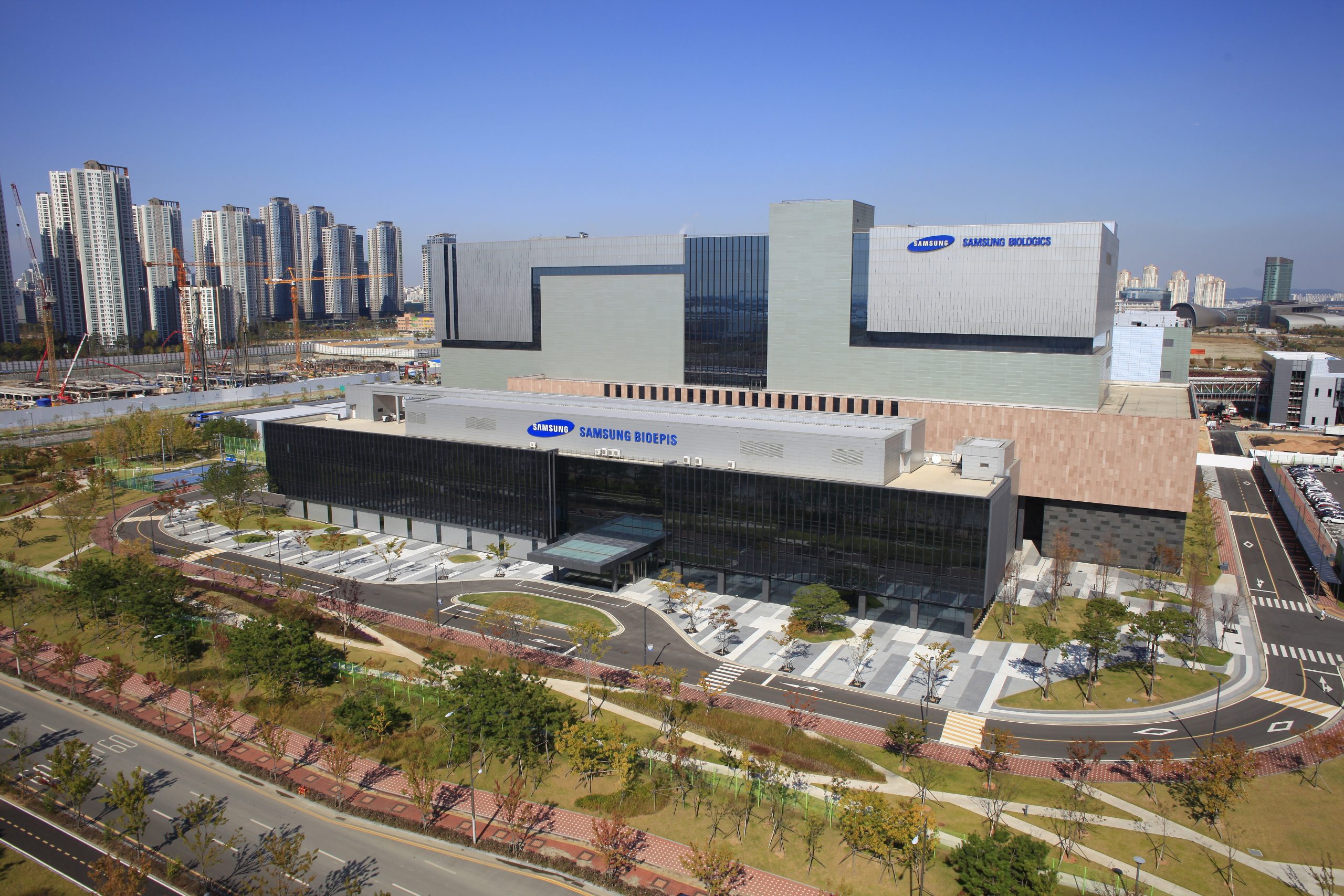FDA approves Samsung/Merck & Co's Herceptin biosimilar

The FDA has approved a new biosimilar of Roche’s breast cancer drug Herceptin, from Samsung Bioepis and Merck & Co, ahead of the original drug’s US patent expiry in June.
Developed by Samsung Bioepis, the FDA has approved the biosimilar, Ontruzant, ruling that the near-copy has no significant differences compared with the original drug in terms of safety and efficacy.
Under a deal between the two companies, Merck & Co will market and distribute the drug in the US.
The FDA granted approval across all eligible indications – adjuvant treatment of HER2-overexpressing breast cancer, metastatic breast cancer and metastatic gastric cancer or gastroesophageal junction adenocarcinoma in patients who have not received prior treatment for metastatic disease.
This is Samsung Bioepis’ first oncology biosimilar to receive FDA approval, after Celltrion and Teva got FDA approval for their Herceptin biosimilar, Herzuma, last month.
Mylan has also got its Herceptin biosimilar approved by the FDA, although the launch date is unknown as it has signed a deal with Roche to begin marketing the drug at an unspecified time.
At the time the deal was announced in March 2017, Mylan said it expected to be “potentially” the first company to launch a Herceptin biosimilar in the US.
Herceptin is one of Roche’s three big selling drugs, generating just over $7 billion worldwide in 2017, with $2.7 billion coming from US sales.
The other two top sellers – Avastin and MabThera/Rituzan also face competition from cheaper biosimilars.
Biosimilars are near-copies of biologic drugs, which are manufactured using cell technology instead of the giant chemistry sets used to manufacture small molecule drugs.
As a result of this there may be subtle differences between the biosimilar and the original drug, but they are subject to rigorous series of tests and trials to show there is no clinical difference in terms of safety and efficacy.
Unlike generic drugs biosimilars are expensive to develop and manufacture and are not sold at the rock-bottom price seen with generics.
Nevertheless they can produce significant savings for health systems, and for patients in the US who may have to pay for some or all of their prescription drug costs.
Sang-Jin Pak, senior vice president and head of commercial division, Samsung Bioepis, said: “For many cancer patients in the US, battling cancer has not only been a health issue, but a considerable financial burden brought on by cancer treatment.
“Biosimilars are intended to be lower cost, high-quality treatment options that have the potential to alleviate such burden. We sincerely hope our trastuzumab biosimilar will do exactly that.”
Ontruzant was approved in Europe in November 2017, where Herceptin is already off patent and sales are already beginning to decline. For the first nine months of 2018, sales were down 10% to around $1.5m.
The situation was even worse for MabThera – European sales were down 48% to just over $700 million as a result of the biosimilar competition over the period.
Roche is due to announce full year results at the end of the month, which will give a fuller picture and show whether newer drugs are offsetting the lost sales.












